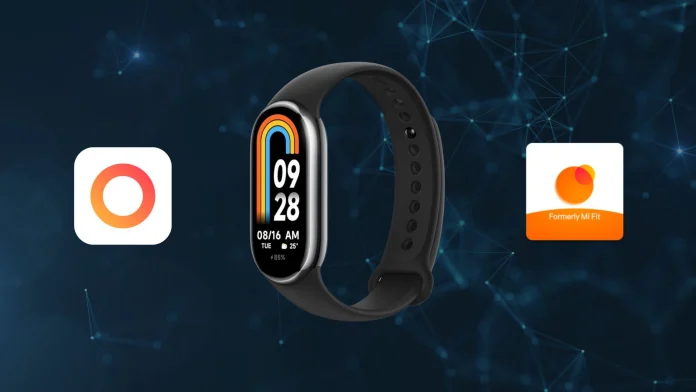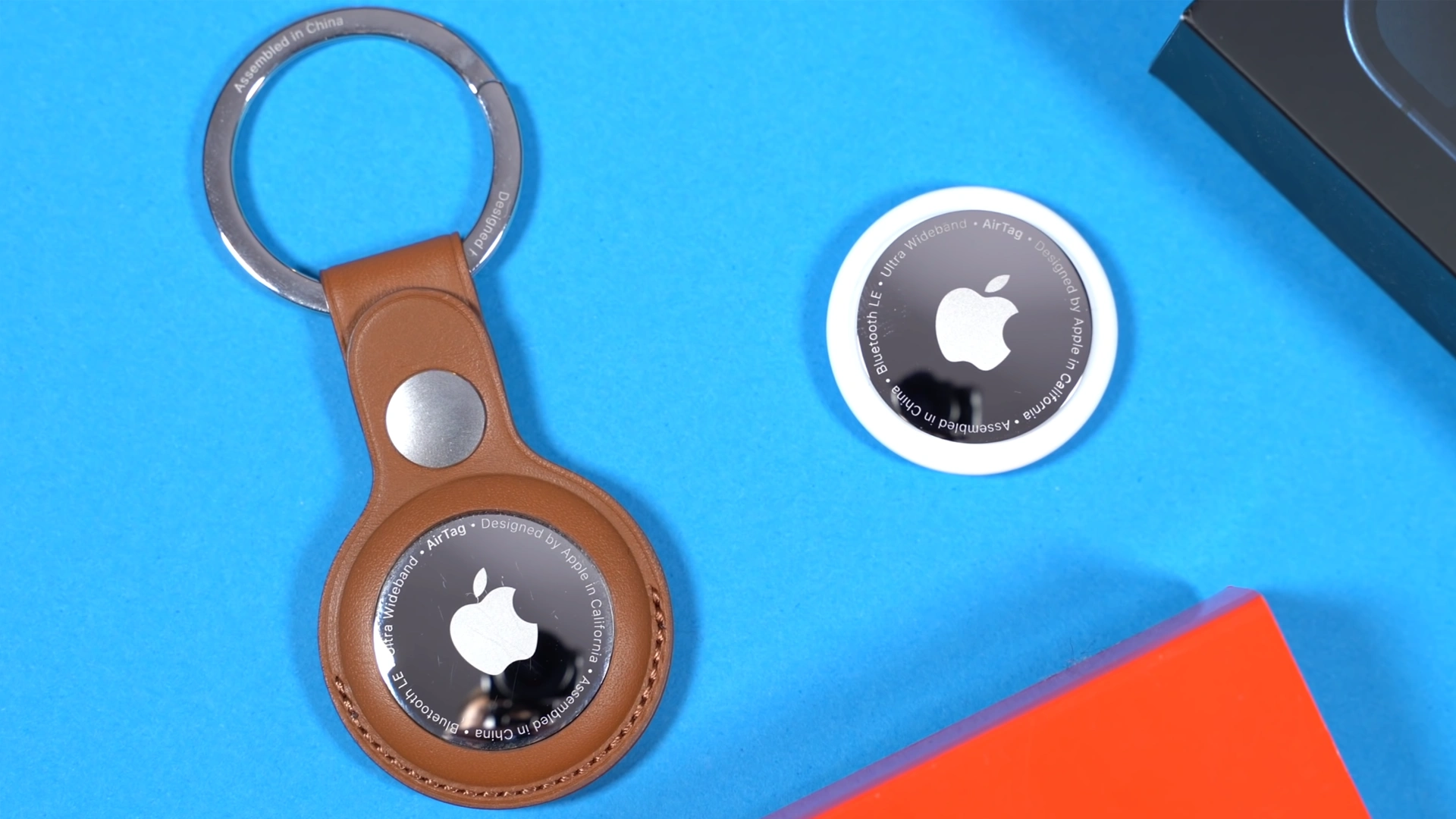Xiaomi’s Mi Band smart fitness bracelets are supported by two primary applications: Zepp Life (formerly known as Mi Fit) and Mi Fitness (also called Xiaomi Wear). Zepp Life is designed to be compatible with older Mi Band models, whereas Mi Fitness is specifically tailored for the latest models. Interestingly, some Mi Band generations are versatile enough to work with both applications.
This dual-app environment results from Xiaomi’s strategic decision to switch the manufacturer of its smart fitness bracelets. Initially, Huami was responsible for the production of Mi Bands, from the first model to the Mi Band 7. However, the manufacturing baton has now been passed to 70MAI. Accompanying this transition was developing a new operating system for the new models of the Mi Band, rendering the older Zepp app incompatible with the latest releases.
Zepp Life

The app, initially known as Mi Fit, was launched by Huami in conjunction with Xiaomi’s first smart bracelets. Huami, the developer behind both Zepp OS (which powered the early versions of the Mi Band) and the Zepp Life app, initially designed this app to manage Xiaomi’s smart devices, including the Mi Body Composition Scale and Mi Smart Scale. As Huami expanded its production to include fitness bracelets for various brands, the app underwent a rebranding and was renamed Zepp Life.
Currently, the latest models of Mi Bands do not support Zepp Life, but the app remains integral for other devices like the Amazfit Bip and Amazfit Pace. Zepp Life is a comprehensive fitness app that offers features such as sleep tracking, multiple workout modes, and health data monitoring. It is crucial in configuring smart bracelets, providing options to customize wallpapers, and ensuring seamless smartphone synchronization.
What Xiaomi devices support Zeep Life
- Xiaomi Mi Band 1
- Xiaomi Mi Band 1S
- Xiaomi Mi Band 2
- Xiaomi Mi Band 3
- Xiaomi Mi Band 4
- Xiaomi Mi Band 5
- Xiaomi Mi Band 6
- Xiaomi Mi Band 7
- Xiaomi Mi Scale
Mi Fitness

In 2020, Xiaomi introduced Mi Fitness, a new application designed for their fitness devices. This app marked Xiaomi’s move towards developing its software ecosystem. The shift became more pronounced with the Xiaomi Smart Band 7 Pro release in 2022, as Mi Fitness became the exclusive app for new Mi Bands. This change directly resulted from Xiaomi’s decision to change the manufacturer of their smart fitness bracelets and watches. Xiaomi aimed to ensure that new models produced by a different company would not depend on an older operating system or an app, not under Xiaomi’s control. To this end, they developed their own RT OS and the Mi Fitness app, tailored specifically for their devices.
While Mi Fitness may appear similar to Zepp Life in functionality, there are significant differences. Mi Fitness offers a more straightforward and minimalist design but fewer fitness tracking features. Notably, it lacks support for widgets, altitude level, temperature, and other functions. Another drawback is the lack of data synchronization between Zepp Life and Mi Fitness, meaning users transitioning to newer Xiaomi devices must start their data tracking anew.
A unique feature of Mi Fitness is its support for adding NFC cards, a functionality not found in Zepp Life. This addition likely stems from Xiaomi’s policy of not sharing NFC card data with third-party companies. Despite the similarities in functionality, users often prefer Zepp Life, largely due to familiarity and resistance to change.
What Xiaomi devices support Mi Fitness
- Xiaomi Mi Band 4C (in China region)
- Xiaomi Mi Band 5 (in China region)
- Xiaomi Mi Band 6
- Xiaomi Mi Band 7
- Xiaomi Mi Band 7 Pro
- Xiaomi Mi Band 8
- Xiaomi Mi Band 8 Pro
Why are there two apps for Xiaomi smart bands?
Due to historical developments in their software strategy, Xiaomi’s smartwatches are supported by two different apps. The Zepp Life app, formerly known as Mi Fit, wasn’t originally developed by Xiaomi but by Huami, which produced Mi Band smart bracelets until 2022. Xiaomi then developed its app, Mi Fitness, coinciding with the release of NFC-enabled bracelets, aiming to protect customer data from third-party access. This app, designed specifically for newer models, is incompatible with older bracelets.
The shift in manufacturing strategy also influenced app compatibility. Since the Mi Band 7 Pro launch, the production of Xiaomi’s smart bracelets has been managed by 70MAI, marking a departure from Zepp Life support. These newer devices are exclusively compatible with the Mi Fitness app. This move reflects Xiaomi’s broader strategy to develop proprietary software for its future wearables, ensuring complete control over the ecosystem of its devices.





